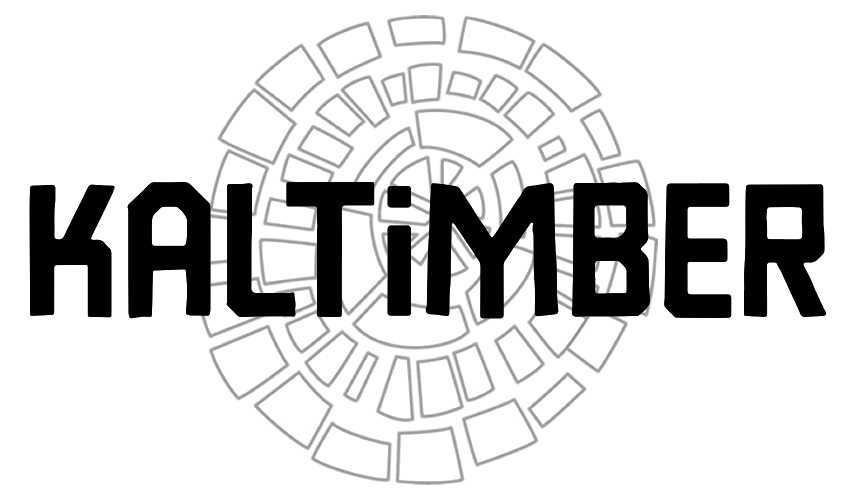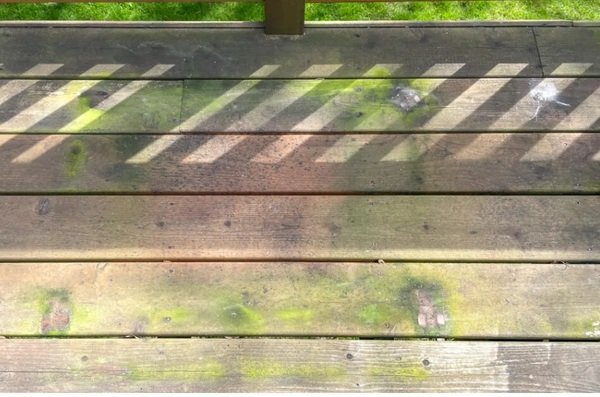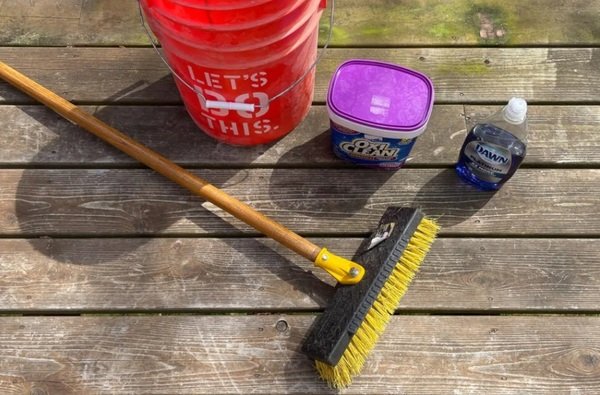A wood deck is a fantastic addition to any home, providing a perfect space for relaxation, entertainment, and enjoying the outdoors. However, over time, a wood deck can become slippery due to the accumulation of algae, mold, mildew, and dirt. Not only is this unsightly, but it can also pose a safety hazard.
Here’s a comprehensive guide on how to clean your slippery wood deck and restore its natural beauty.
Why Does Your Wood Deck Become Slippery?
Before diving into the cleaning process, it’s important to understand why your deck becomes slippery. Moisture is the primary culprit, creating an ideal environment for the growth of algae, mold, and mildew. Leaves, dirt, and debris can also trap moisture, exacerbating the problem. Regular maintenance is key to preventing and addressing these issues.
This is sometimes why Kaltimber’s clients choose the rustic finishing over the smooth one.
Materials You’ll Need
- Broom or leaf blower
- Garden hose with a spray nozzle
- Bucket
- Deck cleaner or a mixture of water and mild detergent
- Stiff-bristle brush or deck scrub brush
- Pressure washer (optional)
- Safety gear (gloves, safety goggles)
- Algae and mold remover (if needed)
- Sealant or deck stain (for protection)
Step-by-Step Cleaning Process
Be careful when cleaning your decking to avoid these 5 mistakes! Below is how you should ot it.
1. Prepare the Area:
- Remove all furniture, plants, and decorations from the deck.
- Sweep the deck thoroughly with a broom or use a leaf blower to clear leaves, dirt, and debris.
2. Rinse the Deck:
- Use a garden hose with a spray nozzle to rinse off the surface of the deck. This will help to remove loose dirt and prepare the wood for cleaning.
3. Apply the Deck Cleaner:
- Mix a deck cleaner solution according to the manufacturer’s instructions or create a mild detergent solution (1 cup of liquid dish soap in a bucket of water).
- Pour the solution onto the deck, ensuring it covers all areas, especially the spots that are most slippery.
4. Scrub the Deck:
- Use a stiff-bristle brush or a deck scrub brush to scrub the surface. Pay particular attention to areas with heavy algae, mold, or mildew buildup.
- Scrub in the direction of the wood grain to avoid damaging the wood.
5. Rinse Thoroughly:
- Rinse the deck thoroughly with a garden hose to wash away the cleaning solution, dirt, and grime. Make sure no soap residue is left behind.
6. Optional: Use a Pressure Washer:
- For stubborn dirt and grime, you can use a pressure washer. Be careful not to use too high of a pressure setting, as it can damage the wood.
- Keep the nozzle at a consistent distance from the deck and move in a sweeping motion.
7. Treat Algae and Mold:
- If algae and mold are persistent, apply an algae and mold remover specifically designed for wood decks. Follow the product instructions for best results.
8. Let the Deck Dry:
- Allow the deck to dry completely before replacing any furniture or decorations. This may take 24 to 48 hours depending on weather conditions.
9. Seal or Stain the Deck:
- Once the deck is dry, consider applying a sealant or deck stain to protect the wood and prevent future moisture buildup. This will help to keep your deck looking great and reduce slipperiness over time.
Maintenance Tips
- Regular Cleaning: Sweep your deck regularly to remove debris and prevent the buildup of moisture-trapping materials.
- Check for Repairs: Inspect your deck periodically for loose boards, nails, or screws that need repair.
- Trim Surrounding Vegetation: Trim any plants or trees around the deck to reduce shade and allow for better airflow, which helps to keep the deck dry.
By following these steps, you can maintain a clean, safe, and attractive wood deck. Regular maintenance and cleaning not only enhance the appearance of your deck but also extend its lifespan, ensuring you can enjoy your outdoor space for years to come.





